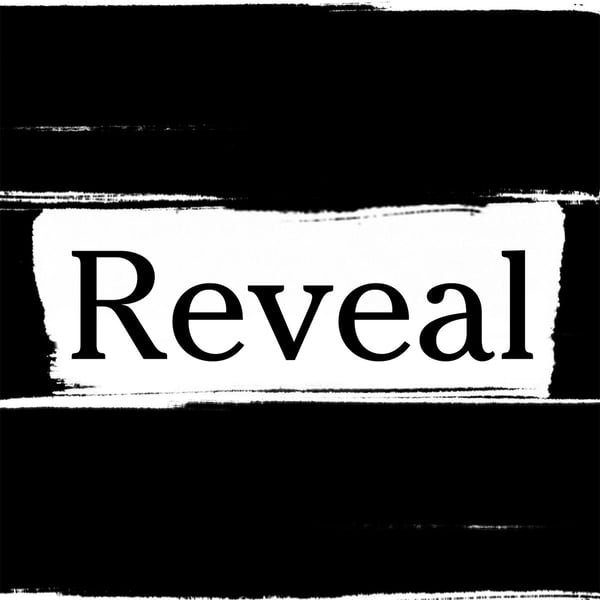We Regret to Inform You
Reveal
The Center for Investigative Reporting and PRX
4.7 • 8K Ratings
🗓️ 11 November 2023
⏱️ 51 minutes
🧾️ Download transcript
Summary
Bruce Praet is a well-known name in law enforcement, especially across California. He co-founded a company called Lexipol that contracts with more than 95% of police departments in the state and offers its clients trainings and ready-made policies.
In one of Praet’s training webinars, posted online, he offers a piece of advice that policing experts have called inhumane. It’s aimed at protecting officers and their departments from lawsuits.
After police kill someone, they are supposed to notify the family. Praet advises officers to use that interaction as an opportunity. Instead of delivering the news of the death immediately, he suggests first asking about the person who was killed to get as much information as possible.
Reporter Brian Howey started looking into this advice when he was with the Investigative Reporting Program at UC Berkeley’s Graduate School of Journalism. He found that officers have been using this tactic across California, and the information families disclosed before they knew their relative was killed affected their lawsuits later. In this hour, Howey interviews families that have been on the receiving end of this controversial policing tactic, explaining their experience and the lasting impact. Howey travels to Santa Ana, where he meets a City Council member leading an effort to end Lexipol’s contract in his city. And in a parking lot near Fresno, Howey tracks down Praet and tries to interview him about the consequences of his advice.
Support Reveal’s journalism at Revealnews.org/donatenow
Subscribe to our weekly newsletter to get the scoop on new episodes at Revealnews.org/newsletter
Transcript
Click on a timestamp to play from that location
| 0:00.0 | What we wear can say a lot about us. If you want to say that you believe in the power of nonprofit investigative journalism, buy a reveal t-shirt. |
| 0:09.5 | Our new t-shirts are sweatshop free and made by union workers. |
| 0:14.2 | When you wear a reveal t-shirt, you can tell the world you support non-profit investigative |
| 0:19.1 | journalism. |
| 0:20.4 | Just head over to our shop at reveal news.org |
| 0:22.8 | slash shop. |
| 0:24.0 | Again, that's reveal news.org |
| 0:26.6 | slash shop. |
| 0:28.0 | From the Center for Investigative Reporting in PRX, this is reveal. |
| 0:37.0 | I'm Al Edson. |
| 0:38.0 | I'm going to turn it over to Bruce today and maybe Bruce you can give us a few more words about yourself and then |
| 0:43.5 | get started. Sure asking an attorney to talk about himself this could go on for |
| 0:47.4 | hours. Bruce Prey it is not a household name but maybe it should be |
| 0:52.4 | especially in California, where he's been one of the most |
| 0:56.2 | influential architects of policing policies for the last two decades. |
| 1:00.3 | Yeah, I mean I was a cop for 10 years and I've been defending him for what 34 years now in federal court. |
| 1:07.0 | The last time Bruce put on a badge was back in the 80s. |
| 1:10.0 | He worked as a patrol officer, was on the K-9 unit, and spent time as a detective, all in Orange County, California. |
| 1:18.0 | Today, his claim to fame is the advice he gives to police departments across the state. |
| 1:23.4 | Start with a suspect. |
| 1:24.8 | Please record the suspect and you know he's going to lie through his teeth. |
| 1:30.6 | All the better. |
... |
Please login to see the full transcript.
Disclaimer: The podcast and artwork embedded on this page are from The Center for Investigative Reporting and PRX, and are the property of its owner and not affiliated with or endorsed by Tapesearch.
Generated transcripts are the property of The Center for Investigative Reporting and PRX and are distributed freely under the Fair Use doctrine. Transcripts generated by Tapesearch are not guaranteed to be accurate.
Copyright © Tapesearch 2025.

